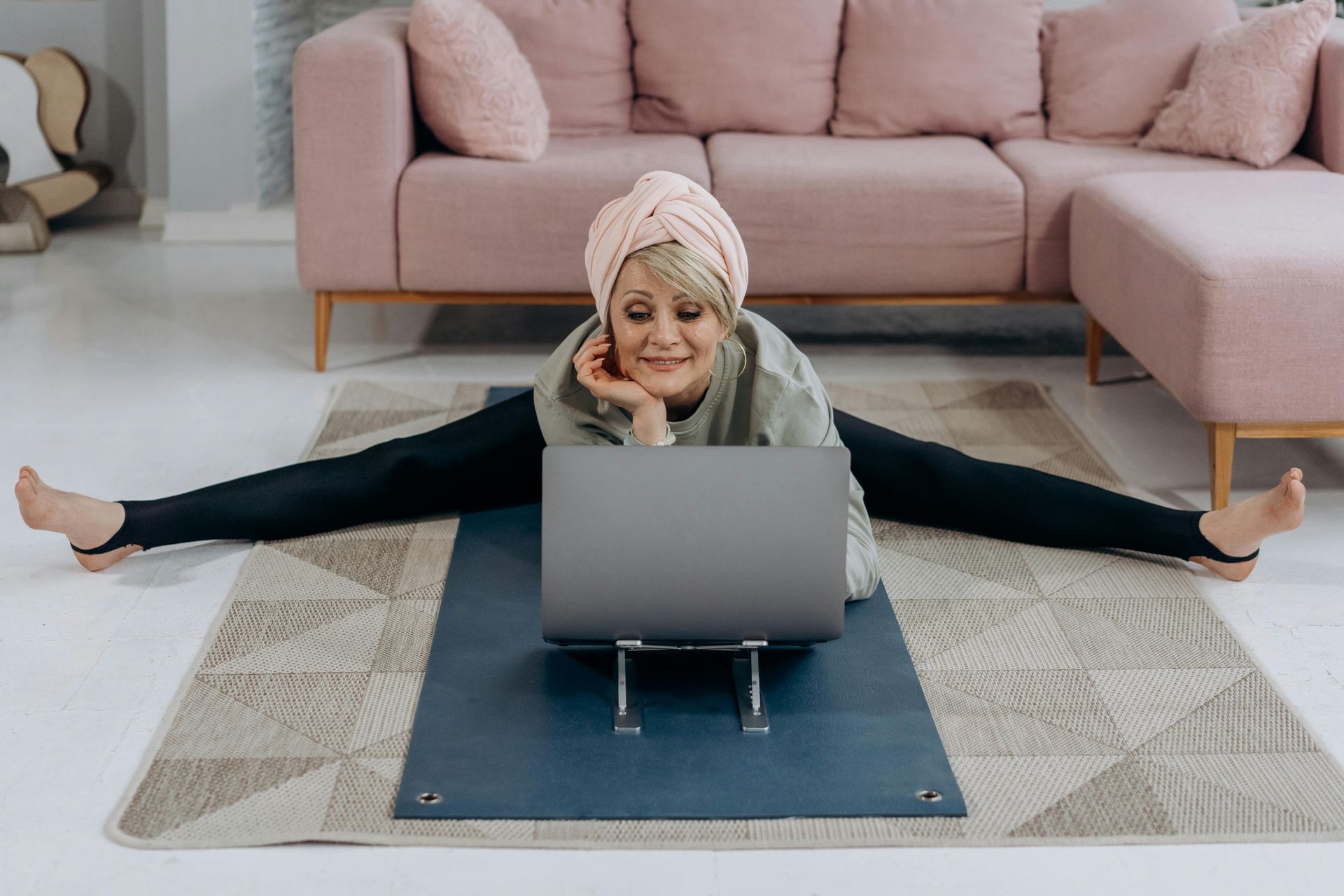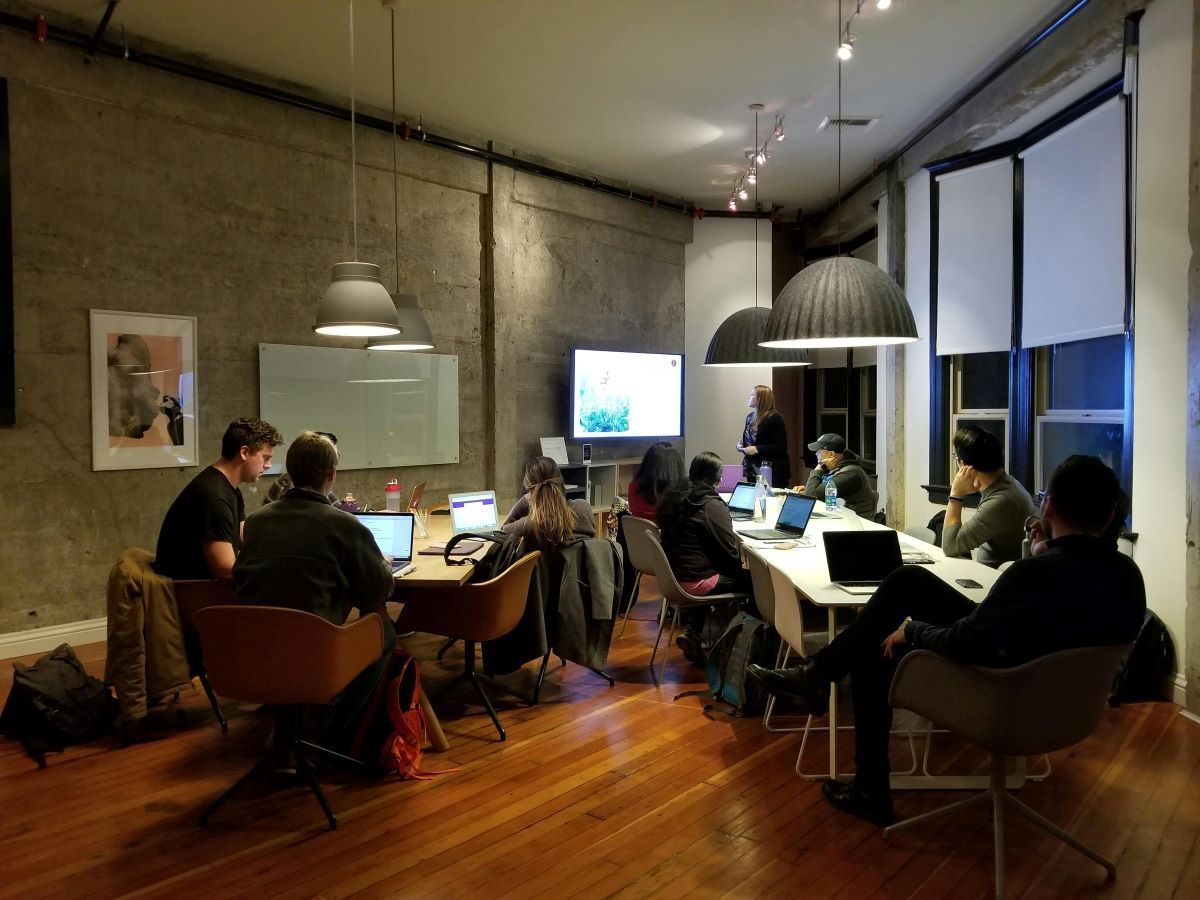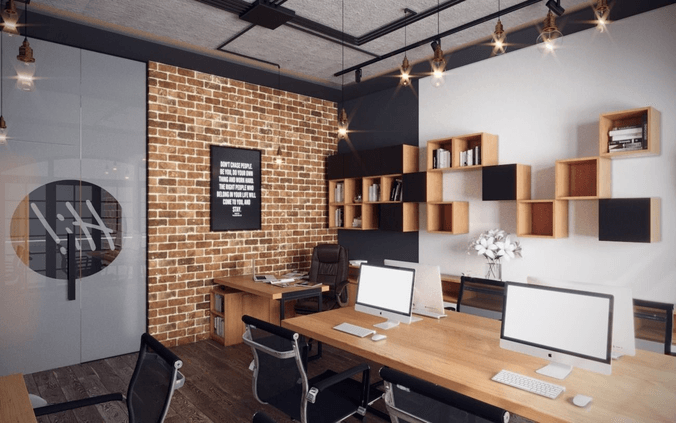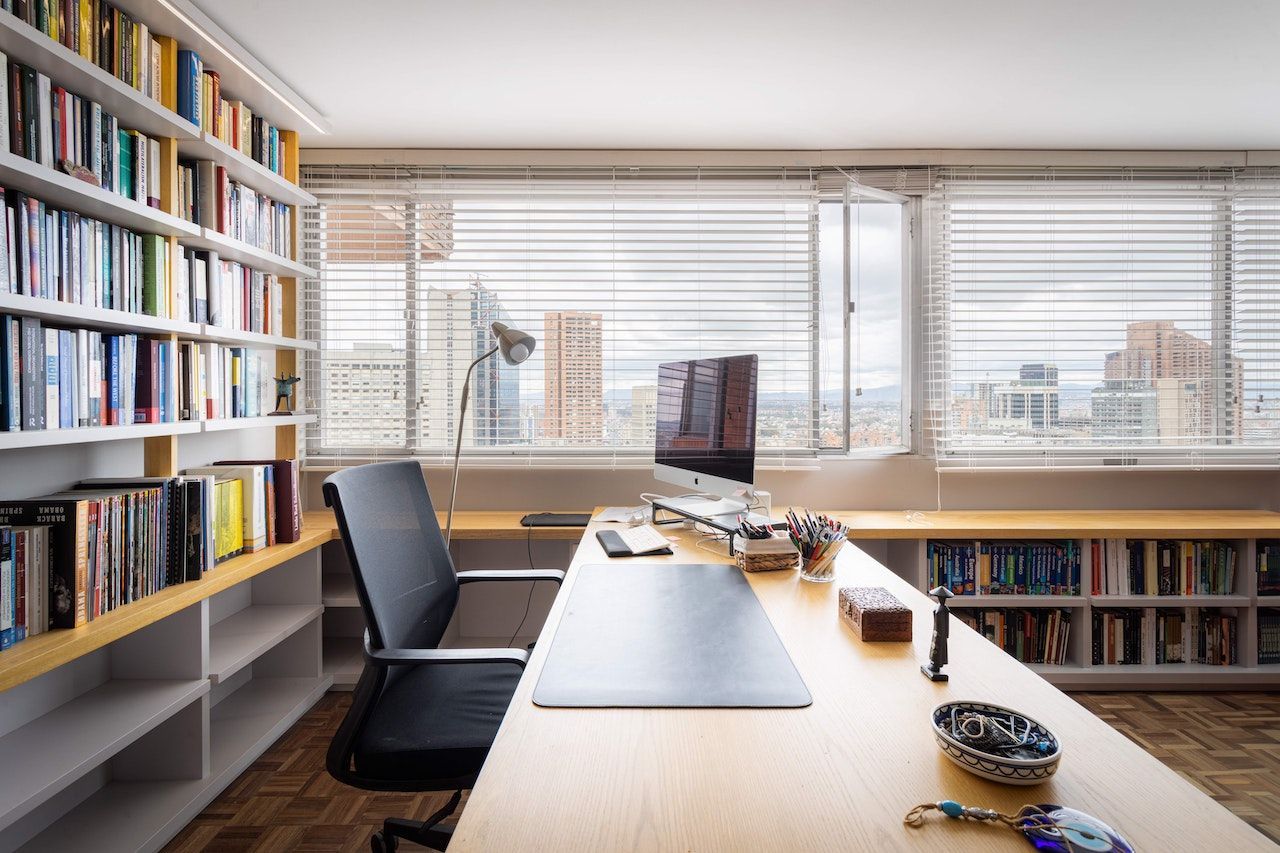Healthy Habits for a Work-Life Balance
Healthy Habits for a Work-Life Balance

With a wide array of companies in New York not yet back in the office and offering their employees a chance to work remotely, juggling between work and life responsibilities might seem simple at first. The reality, however, appears to be slightly different. Research suggests that working from home, while beneficial in many ways, doesn't actually promote healthy habits for a work-life balance. Flexible hours are partially to blame, along with a couple of additional factors. Nevertheless, having it all is possible, with the starting point to it being understanding what comes in the way of us excelling at both our jobs and our lifestyle.
How to Maintain the Balance Between Work and Life?
To begin building healthy habits for a work-life balance, we must first define what such balance is. Put simply; it's the process of managing time spent at work and outside of it, with the goal of leaving enough of it to dedicate towards family and leisure activities. Despite the term including the word ''balance'', achieving a true form of it is, unfortunately, easier said than done. We tend to lean more either towards our business responsibilities or things we've got going on privately.
Establishing a sense of normalcy is imperative, as even the smallest of disruptions can harm our productivity, not to mention our physical and mental health. The goal is to learn how to effectively manage time and stress, and thus, prevent burnout.
Start the Day on the Right Foot
Start your day the right way, and all aspects of your life, including those relating to professional and personal matters, will fall into place. Develop a morning routine and practice self-care the moment you step foot out of bed. Give yourself a sense of purpose from the earliest of hours, for that added boost of energy and confidence you'll need to guide you through the rest of the day.
Set Up a Workstation
Work and life shouldn't take place in the same space. After all, it's not without reason that companies and coworking spaces have lounge areas separate from the offices. It's to draw a line between the time to relax and time to do business.
That line must be drawn at home, as well, which is why it makes sense for a secluded workstation to be set up. For a functional home office to be created, you might have to make some adjustments. That includes transferring certain belongings and personal items to a separate storage unit, so that you have enough room for all the necessary equipment. New York has a wide range of storage solutions to pick from; it's up to you, however, to find the best option available.
An ideal home office should include a comfortable chair, a desk, cabinets, and of course, a computer - or a few of those. The area it is in should have easy access to speedy Internet and be adequately lit as well.
Depending on what you are equipping the office with and how heavy those items are, you might require help setting it all up. Relocation specialists behind nycministorage.com suggest you look to local moving companies to help you get your belongings safely into the premises.
Set Up the Work Hours
Flexible hours are a perk of working from home, but, unfortunately, they aren't exactly a part of healthy habits for work-life balance. The reason for that is that it's tough to focus on the task at hand when you are constantly going back and forth between it and personal matters.
A much better alternative to handling job responsibilities whenever you feel like it is to handle them during the fixed time slot. Create a shift for yourself - your own working hours - during which you'll do nothing else but take care of the business assignments. Once the ''shift'' ends, it's time to let the work go and allow life to take over.
Take Breaks
It's not normal for us to be constantly in work mode. Neither when we are in the office nor when we are at home. A significant part of a typical working day is taking breaks. They help us get our thoughts in order and keep our emotions in check. They revitalize us and allow us to get through the rest of the day.
Tackling business affairs at home might mean you get to plan your own breaks. You can either be flexible about it or schedule them in advance. Just make sure you don't end up resting for too long, or else you risk losing focus. Experts recommend taking a break after every 60 to 90 minutes of constant work. A couple of minutes is enough to give you the energy boost you need. Of course, you are also entitled to a more extended rest period, which you can use for a meal.
Schedule ''Me'' Time
With the completion of work assignments comes the time you should focus on yourself - otherwise known as ''me'' time. During this time, you get to completely forget about the busy day you had and do anything that helps you unwind. Exercise, for example, can do wonders for your physical health. What many fail to account for, however, is that it is also incredibly beneficial for our minds. Exercising triggers the release of endorphins - ''feel-good'' hormones responsible for lowering our stress levels. That's precisely why physical activity can help us achieve that much-needed equilibrium between our professional and personal lives.
Conclusion
You can't expect to develop healthy habits for work-life balance straight away. It's a process of trial and error during which you'll have to constantly remind yourself to do better. You'll undoubtedly have an easier time separating professional from private once office work resumes. However, nobody can tell for sure when that will happen, so how about you focus on the now? Focus on improving the relationship between work and life at home.










